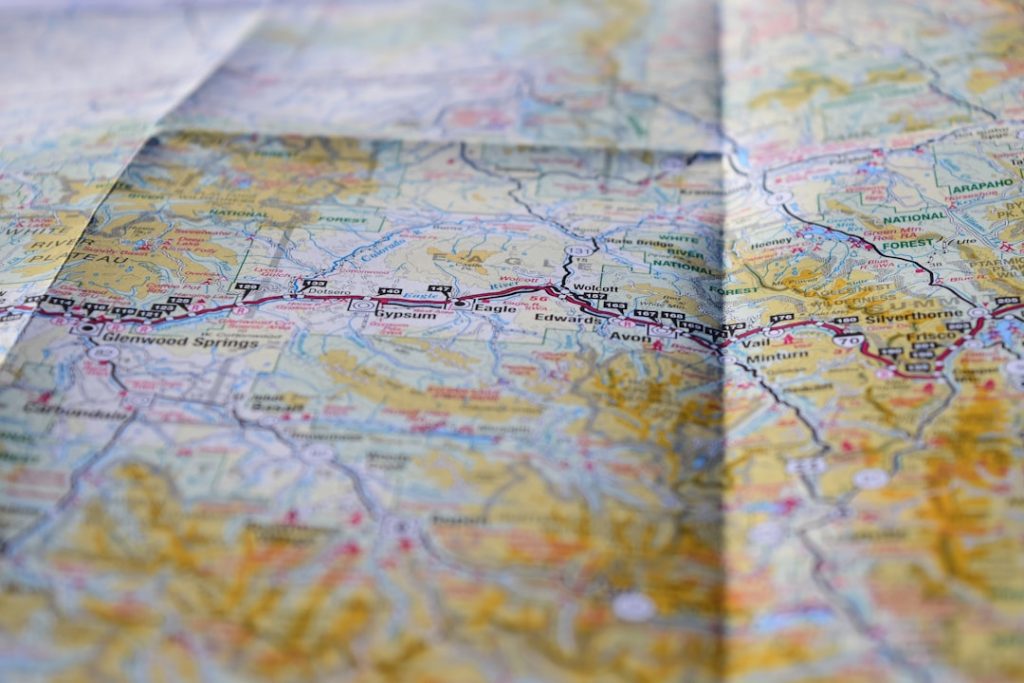Gabon, located on the west coast of Central Africa, is blessed with a rich abundance of natural resources. The country’s natural resources include forests, minerals, oil and gas, water, wildlife, and biodiversity. These resources play a crucial role in the country’s economy and are vital for the livelihoods of the Gabonese people. The sustainable management of these resources is essential for the long-term development and prosperity of the nation.
Gabon’s natural resources have attracted significant attention from both domestic and international investors. The government has implemented policies to promote sustainable development and conservation of these resources, while also seeking to leverage them for economic growth. The country’s natural beauty and diverse ecosystems make it a unique and valuable resource for the world. As such, Gabon has made efforts to balance the exploitation of its resources with conservation efforts to ensure their preservation for future generations.
Summary
- Gabon is rich in natural resources, including forests, minerals, oil and gas, water, and wildlife.
- The forests in Gabon cover about 85% of the country and are home to a diverse range of plant and animal species.
- Gabon has significant mineral resources, including manganese, iron, gold, and uranium.
- The oil and gas industry is a major contributor to Gabon’s economy, with the country being one of the largest oil producers in sub-Saharan Africa.
- Gabon’s water resources are abundant, with numerous rivers and lakes providing important sources of freshwater for the country.
Forest Resources in Gabon
Gabon is home to one of the largest intact tropical rainforests in the world, covering approximately 85% of the country’s land area. These forests are a vital natural resource, providing a wide range of ecosystem services, including carbon sequestration, biodiversity conservation, and sustainable livelihoods for local communities. The forests also support a thriving timber industry, with Gabon being one of the leading exporters of high-quality tropical hardwoods.
The sustainable management of Gabon’s forest resources is a top priority for the government. Efforts have been made to combat illegal logging and promote responsible forestry practices. The country has also established national parks and protected areas to conserve its rich biodiversity and ensure the long-term sustainability of its forests. Additionally, Gabon has been actively involved in international initiatives to combat deforestation and promote sustainable forest management, such as the Central African Forest Initiative (CAFI).
Mineral Resources in Gabon
Gabon is rich in mineral resources, with significant deposits of manganese, iron ore, gold, and diamonds. These minerals play a crucial role in the country’s economy, contributing to its export earnings and providing employment opportunities for thousands of people. The mining sector has been a key driver of economic growth in Gabon, attracting investment from both domestic and international companies.
The government has implemented policies to promote responsible mining practices and ensure that the benefits of mineral extraction are shared equitably among the population. Efforts have also been made to diversify the country’s mineral sector and attract investment in other minerals such as uranium, phosphate, and rare earth elements. Gabon is committed to sustainable development in its mining sector, balancing economic growth with environmental protection and social responsibility.
Oil and Gas Resources in Gabon
Gabon is a significant producer of oil and gas, with reserves located both onshore and offshore. The oil and gas industry is a major contributor to the country’s economy, accounting for a significant portion of its export earnings and government revenue. The sector has attracted investment from major international oil companies, leading to the development of infrastructure and technology to support exploration and production activities.
The government has implemented policies to promote transparency and good governance in the oil and gas sector, ensuring that revenues are managed responsibly for the benefit of the entire population. Efforts have also been made to diversify the economy and reduce dependence on oil and gas through investments in other sectors such as agriculture, tourism, and renewable energy. Gabon is committed to sustainable management of its oil and gas resources, balancing economic development with environmental protection and social welfare.
Water Resources in Gabon
Gabon is blessed with abundant water resources, including rivers, lakes, and coastal areas. These resources play a crucial role in supporting agriculture, fisheries, and hydroelectric power generation. The country’s rivers are also important transportation routes for both people and goods, contributing to economic development and connectivity across different regions.
The government has prioritised the sustainable management of water resources to ensure their availability for future generations. Efforts have been made to protect water quality, conserve aquatic ecosystems, and promote efficient water use in agriculture and industry. Gabon has also invested in infrastructure for water supply and sanitation to improve access to clean water and sanitation services for its population. The country is committed to balancing the exploitation of its water resources with conservation efforts to ensure their long-term sustainability.
Wildlife and Biodiversity Resources in Gabon
Gabon is renowned for its rich wildlife and biodiversity, with diverse ecosystems ranging from dense rainforests to coastal mangroves. The country is home to a wide variety of species, including elephants, gorillas, leopards, and numerous bird species. These resources are not only valuable for their ecological significance but also for their potential contribution to ecotourism and scientific research.
The government has implemented policies to protect its wildlife and biodiversity through the establishment of national parks and protected areas. Efforts have also been made to combat poaching and illegal wildlife trade, as well as to promote community-based conservation initiatives that involve local communities in the management of natural resources. Gabon is committed to preserving its wildlife and biodiversity for future generations while also leveraging them for sustainable economic development.
Sustainable Management of Gabon’s Natural Resources
Sustainable management of Gabon’s natural resources is a top priority for the government, as it seeks to balance economic development with environmental protection and social equity. The country has implemented policies and initiatives to promote responsible practices in forestry, mining, oil and gas extraction, water management, and wildlife conservation. These efforts aim to ensure that natural resources are used efficiently and equitably while preserving their long-term sustainability.
Gabon has also been actively involved in international initiatives to combat climate change, protect biodiversity, and promote sustainable development. The country has committed to reducing its carbon emissions through forest conservation efforts and investments in renewable energy. Additionally, Gabon has sought partnerships with other countries and international organisations to share best practices and leverage support for its sustainable development goals.
In conclusion, Gabon’s natural resources are a vital asset for the country’s economy and the well-being of its people. The government’s commitment to sustainable management of these resources is essential for ensuring their long-term availability while also promoting economic growth and social development. With continued efforts to balance exploitation with conservation, Gabon can harness the potential of its natural resources for the benefit of current and future generations.
FAQs
What are the natural resources of Gabon?
Gabon is rich in natural resources, including oil, manganese, timber, and iron ore. It also has significant deposits of uranium, gold, and diamonds.
Where are the oil reserves located in Gabon?
The majority of Gabon’s oil reserves are located in the offshore oil fields in the Gulf of Guinea, particularly in the Port-Gentil area.
Where are the manganese deposits located in Gabon?
Gabon’s manganese deposits are primarily located in the Moanda region in the southeastern part of the country. The Moanda mine is one of the largest manganese reserves in the world.
Where are the timber resources located in Gabon?
Gabon’s timber resources are abundant and are found throughout the country, particularly in the dense rainforests of the interior.
Where are the iron ore deposits located in Gabon?
Gabon’s iron ore deposits are located in the northeastern part of the country, near the border with Cameroon. The Belinga iron ore deposit is one of the largest in Gabon.
Where are the uranium, gold, and diamond deposits located in Gabon?
Uranium deposits are found in the southeastern part of Gabon, while gold and diamond deposits are scattered throughout the country, particularly in the eastern and southeastern regions.


